| Tweet |
(回答先: ホロコースト否定論者、チェス元世界王者フィッシャー氏死去 [AFP] 投稿者 はちまき伍長 日時 2008 年 1 月 19 日 11:40:44)

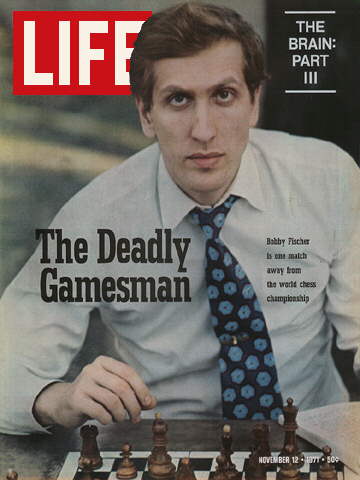
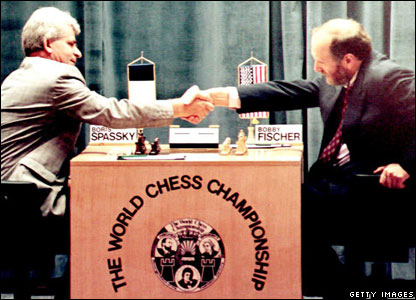
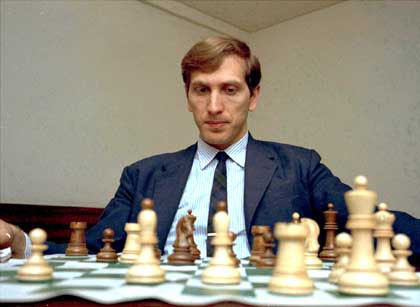
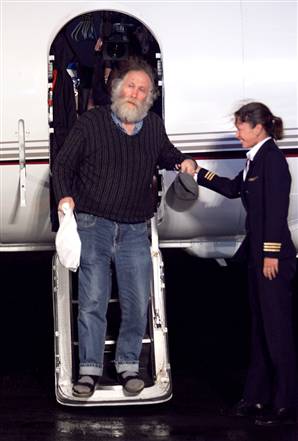
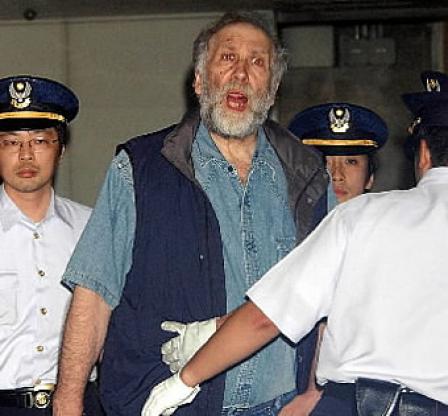
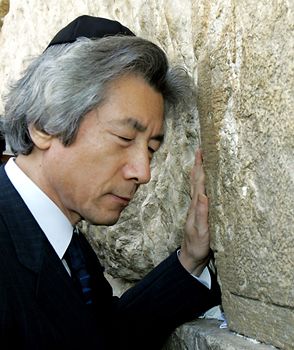

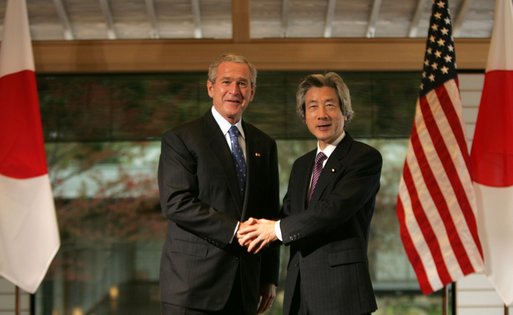
Remembering chess master Bobby Fischer
The greatest American chess player, Bobby Fischer, is dead.
According to The New York Times, Fischer died in a Reykjavik, Iceland, hospital Thursday. It is not known how he died, though he had been sick for some time.
Fischer was long one of the great enigmas of American sports, if you can call chess a sport. Perhaps of gaming.
He was a grandmaster who won the world championship by beating Russian Boris Spassky in 1972, rising to pinnacles of national fame and admiration that are usually reserved for pro or college sports athletes.
Fischer was such a powerful and enigmatic figure in chess that Steven Zaillian's terrific 1993 film about chess prodigy Josh Waitzkin--based on his father's book--was called Searching for Bobby Fischer.
In recent years, however, Fischer had been perhaps more famous for his run-ins with U.S. federal authorities, and he had been living outside the United States to avoid arrest on charges stemming from his having played a re-match with Spassky in 1992 in Yugoslavia, despite a federal ban on doing business in that country, which was then deep in the middle of war.
In other countries, such as Russia, where chess is revered as a game of intellectual giants, it is not unusual that the leading players are viewed with reverence and admiration. For example, Russian grandmaster Garry Kasparov is such a hero in his country that he ran for president in 2007 against the incumbent, Vladimir Putin. Though Kasparov never had a chance at winning, his candidacy was viewed with respect by many in his country and abroad because of his fame and his insistence on human rights and democracy.
But in the U.S., a country much more consumed with admiration for basketball, football, baseball, and, to a lesser extent, sports like hockey, tennis and track, chess barely appears on the national radar. That's why Fischer's fame--stemming from his victory over Spassky in 1972 at the height of the Cold War, a precursor to American excitement at the 1980 Olympic hockey victory over the Soviet Union--was so unusual.
It is hard to imagine a chess player today getting the kind of attention Fischer got in the 1970s. Yet because he was such a singular personality, he stayed in the national consciousness long after his days as world champion were over.
For me, Fischer was never someone I followed that closely, but I was always aware of him. Without knowing much about him, he struck me as someone who was unhappy and uncomfortable with his fame. And who felt alien in the country that had once revered him.
But there's no doubting that the man took a game that was largely ignored, or instead, seen as the province of geeks and nerds, and made it something that Americans were proud of, even if only for a little while.
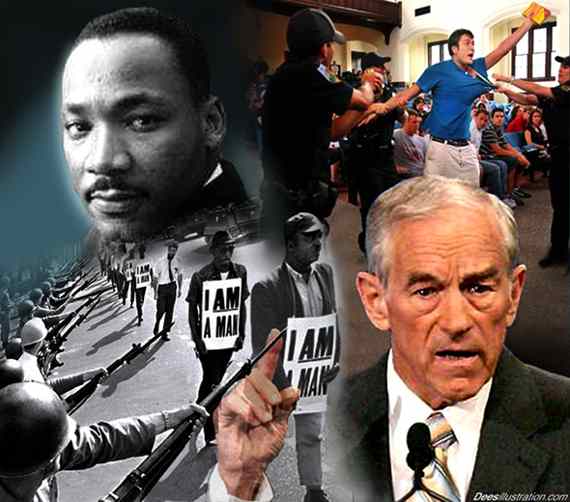

|
|
|
|
投稿コメント全ログ コメント即時配信 スレ建て依頼 削除コメント確認方法
|
|
 題名には必ず「阿修羅さんへ」と記述してください。
題名には必ず「阿修羅さんへ」と記述してください。
掲示板,MLを含むこのサイトすべての
一切の引用、転載、リンクを許可いたします。確認メールは不要です。
引用元リンクを表示してください。
|
|
|
|
|
|
|
|